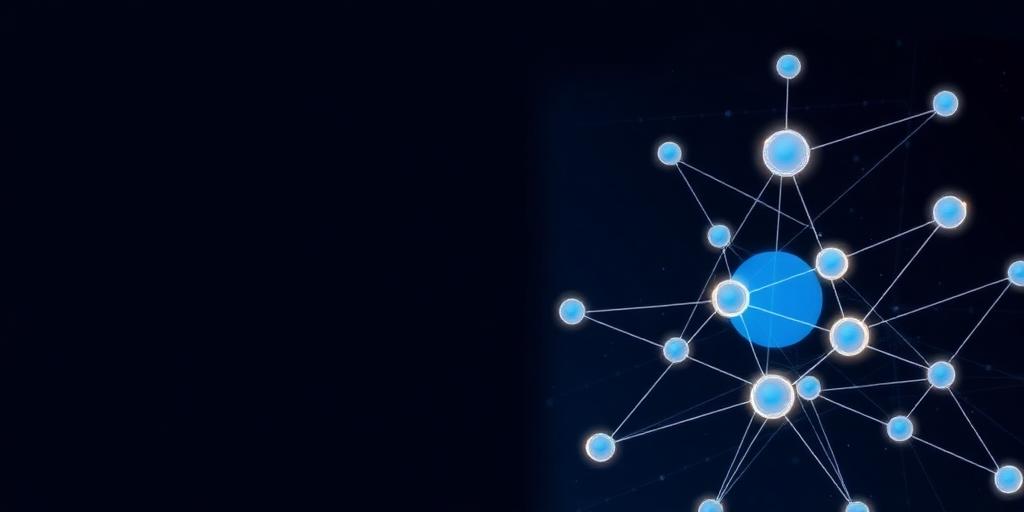Decentralized Autonomous Organizations (DAOs): The Future of Business?
Decentralized Autonomous Organizations (DAOs) are emerging as a potentially transformative model for business and organizational structures. Combining the principles of decentralization, autonomy, and community governance, DAOs are designed to operate transparently and efficiently without traditional hierarchical management.
What is a DAO?
A DAO is essentially an internet-native organization governed by rules encoded as computer programs called smart contracts on a blockchain. These smart contracts automate decision-making processes, executing actions based on pre-defined conditions agreed upon by the organization’s members. Key features of DAOs include:
- Decentralization: Control is distributed among token holders rather than concentrated in a central authority.
- Autonomy: Operations are automated through smart contracts, reducing the need for human intervention.
- Transparency: All transactions and rules are publicly recorded on the blockchain, ensuring accountability.
- Community Governance: Members vote on proposals, influencing the direction and operations of the organization.
How Do DAOs Work?
- Smart Contracts: The foundation of a DAO lies in its smart contracts. These self-executing contracts define the rules, processes, and decision-making mechanisms of the organization.
- Tokenization: DAOs typically issue tokens that represent ownership or membership. These tokens grant holders voting rights and may provide other benefits.
- Voting and Proposals: Members can submit proposals for changes or actions within the DAO. Token holders then vote on these proposals, and if a consensus is reached, the smart contracts automatically execute the decision.
- Treasury Management: DAOs often have a treasury of digital assets managed by the smart contracts. Funds are allocated based on the decisions made by the community through voting.
Advantages of DAOs
- Increased Transparency: All transactions and governance decisions are publicly auditable on the blockchain.
- Enhanced Efficiency: Automation through smart contracts reduces administrative overhead and bureaucracy.
- Greater Inclusivity: DAOs can enable broader participation and more democratic decision-making.
- Improved Security: Smart contracts can be designed to minimize the risk of fraud and corruption.
Challenges of DAOs
- Regulatory Uncertainty: The legal status of DAOs remains unclear in many jurisdictions.
- Security Risks: Smart contracts are vulnerable to bugs and exploits, potentially leading to loss of funds.
- Governance Issues: Achieving effective decision-making in a decentralized environment can be challenging.
- Scalability: DAOs may face scalability issues as membership grows and transaction volume increases.
Examples of DAOs
- MakerDAO: Manages the DAI stablecoin through decentralized governance.
- Uniswap: A decentralized exchange governed by UNI token holders.
- Aragon: A platform for creating and managing DAOs.
The Future of DAOs
DAOs have the potential to revolutionize various sectors, including finance, governance, and community organizing. As the technology matures and regulatory frameworks evolve, DAOs could become increasingly prevalent, shaping the future of business and collaboration. The ability to create transparent, efficient, and community-driven organizations offers exciting possibilities for innovation and social impact.
In conclusion, while still in their early stages, Decentralized Autonomous Organizations represent a significant step toward more democratic and efficient organizational models. By leveraging blockchain technology and smart contracts, DAOs are paving the way for a future where organizations are more transparent, inclusive, and resilient.
